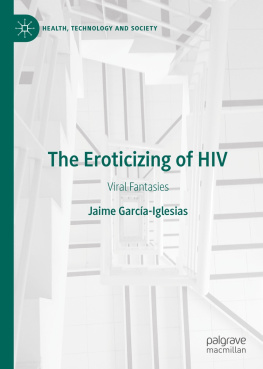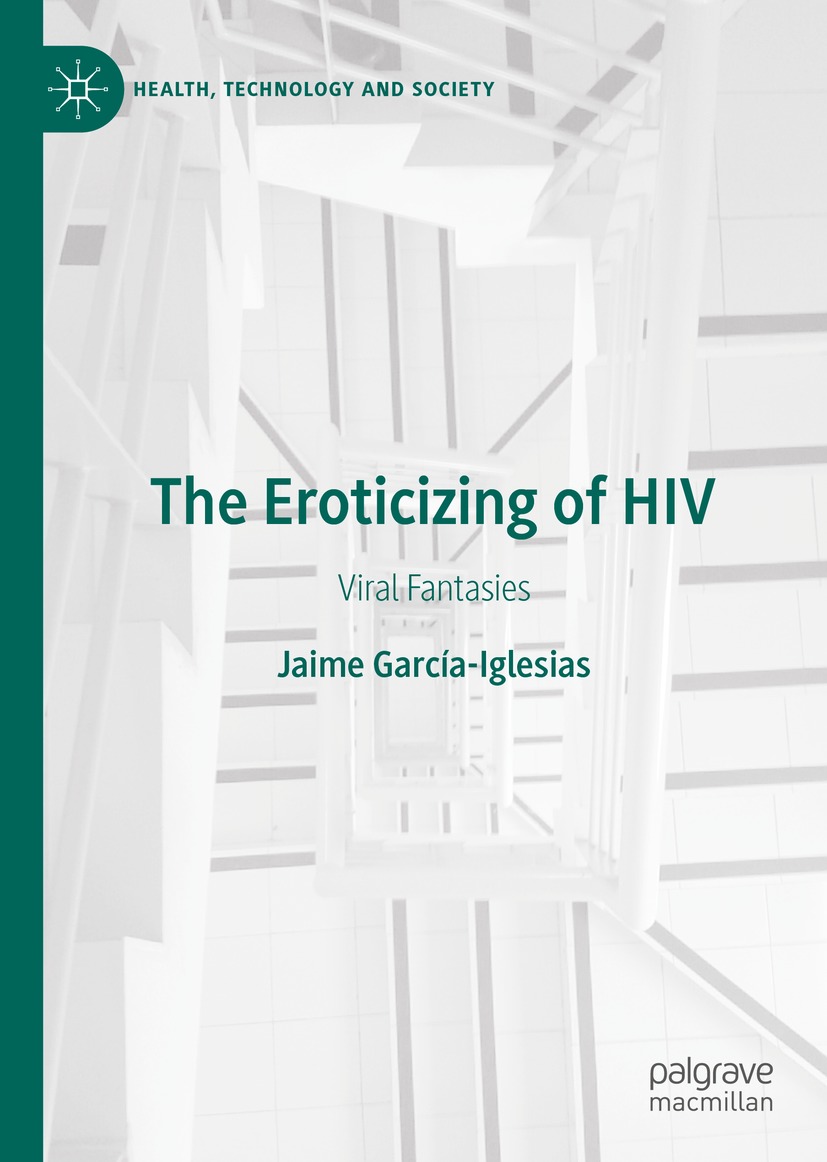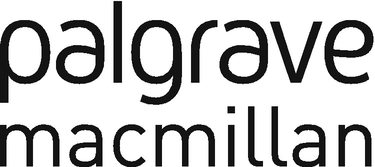Health, Technology and Society
Series Editors
Rebecca Lynch
Wellcome Centre for Cultures and Environments of Health, University of Exeter, Exeter, UK
Martyn Pickersgill
Usher Institute, University of Edinburgh, Edinburgh, UK
Medicine, health care, and the wider social meaning and management of health are undergoing major changes. In part this reflects developments in science and technology, which enable new forms of diagnosis, treatment and delivery of health care. It also reflects changes in the locus of care and the social management of health. Locating technical developments in wider socio-economic and political processes, each book in the series discusses and critiques recent developments in health technologies in specific areas, drawing on a range of analyses provided by the social sciences. Some have a more theoretical focus, some a more applied focus but all draw on recent research by the authors. The series also looks toward the medium term in anticipating the likely configurations of health in advanced industrial society and does so comparatively, through exploring the globalization and internationalization of health.
Jaime Garca-Iglesias
Centre for Biomedicine, Self and Society, University of Edinburgh, Edinburgh, UK
ISSN 2946-3386 e-ISSN 2946-3378
Health, Technology and Society
ISBN 978-3-031-11351-2 e-ISBN 978-3-031-11352-9
https://doi.org/10.1007/978-3-031-11352-9
The Author(s), under exclusive license to Springer Nature Switzerland AG 2022
This work is subject to copyright. All rights are solely and exclusively licensed by the Publisher, whether the whole or part of the material is concerned, specifically the rights of translation, reprinting, reuse of illustrations, recitation, broadcasting, reproduction on microfilms or in any other physical way, and transmission or information storage and retrieval, electronic adaptation, computer software, or by similar or dissimilar methodology now known or hereafter developed.
The use of general descriptive names, registered names, trademarks, service marks, etc. in this publication does not imply, even in the absence of a specific statement, that such names are exempt from the relevant protective laws and regulations and therefore free for general use.
The publisher, the authors, and the editors are safe to assume that the advice and information in this book are believed to be true and accurate at the date of publication. Neither the publisher nor the authors or the editors give a warranty, expressed or implied, with respect to the material contained herein or for any errors or omissions that may have been made. The publisher remains neutral with regard to jurisdictional claims in published maps and institutional affiliations.
This Palgrave Macmillan imprint is published by the registered company Springer Nature Switzerland AG
The registered company address is: Gewerbestrasse 11, 6330 Cham, Switzerland
sin ellos nada, habra sido posible.
Series Editors Preface
Medicine, healthcare, and the wider social meanings and management of health are continually in the process of change. While the birth of the clinic heralded the process through which health and illness became increasingly subject to the surveillance of medicine, for example, surveillance has become more complex, sophisticated, and targetedas seen in the search for precision medicine and now precision public health. Both surveillance and health itself emerge as more provisional, uncertain, and risk-laden as a consequence, and we might also ask what now constitutes the clinic, how meaningful a concept of a clinic ultimately is, and where else might we now find (or not find) healthcare spaces and interventions.
Ongoing developments in science and technology are helping to enable and propel new forms of diagnosis, treatment, and the delivery of healthcare. In many contexts, these innovations both reflect and further contribute to changes in the locus of care and burden of responsibility for health. Genetics, informatics, imagingto name but a feware redefining collective and individual understandings of the body, health, and disease. At the same time, long established and even ostensibly mundane technologies and techniques can generate ripples in local discourse and practices as ideas about the nature and focus of healthcare shift in response to global debates about, for instance, One Health and Planetary Health.
The very technologies that (re)define health are also the means through which the individualisation of healthcare can occurthrough, for instance, digital health, diagnostic tests, and the commodification of restorative tissue. This individualisation of health is both culturally derived and state-sponsored, as exemplified by the promotion of self-care. These shifts are simultaneously welcomed and contested by professionals, patients, and wider publics. Hence they at once signal and instantiate wider societal ambivalences and divisions.
This Series explores these processes within and beyond the conventional domain of the clinic and asks whether they amount to a qualitative shift in the social ordering and value of medicine and health. Locating technical use and developments in wider socio-economic and political processes, each book discusses and critiques the dynamics between health, technology, and society through a variety of specific cases, and drawing on a range of analyses provided by the social sciences.
The Series has already published more than twenty books that have explored many of these issues, drawing on novel, critical, and deeply informed research undertaken by their authors. In doing so, the books have shown how the boundaries between the three core dimensions that underpin the whole Serieshealth, technology, and societyare changing in fundamental ways.
In The Eroticizing of HIV, Jaime Garca-Iglesias focuses on the complex affects , positions, and practices of bugchasing the eroticising of HIV and seeking infection. Through this engaging monograph, we find it is the complex relationships between different biomedical and technological interventions (such as HIV testing , condoms , the internet, and PrEP (pre-exposure prophylaxis, a drug regime to prevent HIV infection)) that determine bugchasing, these technologies having a transformative power for intimate and erotic life. Rather than being cold and impersonal, Garca-Iglesias argues that such technologies are advancements that have transformed sexuality and desire and that these enlarge the horizon of fantasy and reality. As Garca-Iglesias goes on to state therefore, the relationship between bugchasing, PrEP and the internet is not a causal one: it is complex, contextual, and fluid, and yet profoundly essential. Indeed, understanding the erotic life of the men who engage in bugchasing involves understanding and unpicking the relationship they have with such technologies. The Eroticizing of HIV is thus an invitation to reconsider how diverse technologies within and beyond biomedicine both shape and provide another way into neglected topics such as intimacy , sexuality, eroticism, and desire. As such, the book is an exciting and generative direction for further work in this area, reminding us that emotions and experiences that we understand as profoundly human can be produced through engagements with the non-human.












